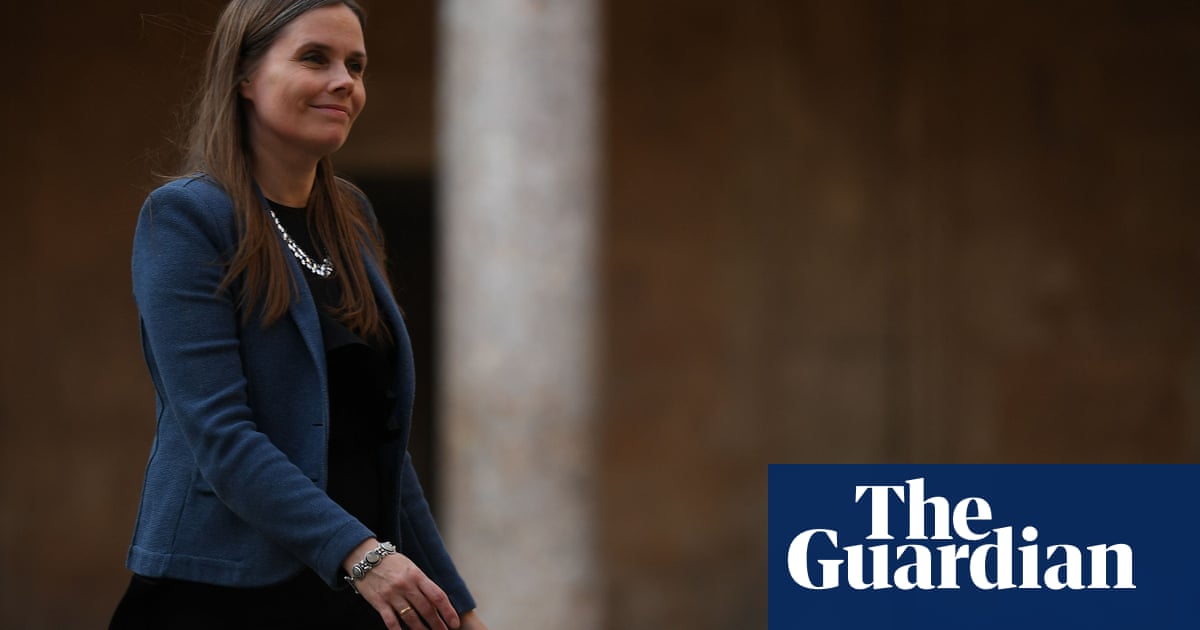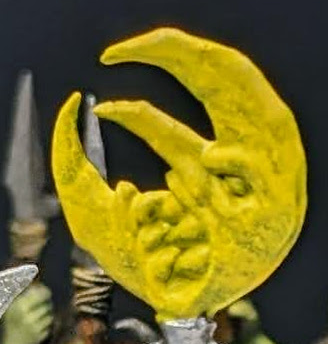- cross-posted to:
- europe@feddit.de
- cross-posted to:
- europe@feddit.de
I don’t understand the point of the prime minister joining in. Like, who are you protesting? You’re the government, do something about the issue.
The statement she’s making is the point. It draws attention to the situation, and emphasizes its importance. In this case, that’s much more effective than one day’s work.
Besides, the the PM can’t pass laws herself. The legislators who actually make the laws aren’t striking. Iceland needs them to address the problem.
Iceland is a parliamentary democracy. The PM is also an MP, the chairperson of a major political party and in her capacity as PM, she leads a coalition of parties that have the majority in the Althing. The Icelandic political system is not as dysfunctional as others.
I understand of course the symbolic nature of her strike, but I find it silly. She has actual power to change things.
To be fair, she actually has been, by the way. This was a good opportunity for me to see more what Katrín has been doing and it’s pretty neat. She’s quite the leader.
Maybe not all the members of her coalition are cooperating? IDK if there are multiple parties in government right now in Iceland but I do know Germany’s been having serious problems getting anything done because of the FDP
If only corporation worked for the people and their government, instead of the other way around…
This is the best summary I could come up with:
Tens of thousands of women and non-binary people across Iceland, including the prime minister, are expected to stop work – both paid and unpaid – on Tuesday in the first strike of its kind in nearly half a century.
Organisers hope the women’s strike – whose confirmed participants include fishing industry workers, teachers, nurses and the PM, Katrín Jakobsdóttir – will bring society to a standstill to draw attention to the country’s ongoing gender pay gap and widespread gender-based and sexual violence.
Despite being considered a global leader on gender equality, topping the 2023 World Economic Forum’s global gender gap rankings for the 14th consecutive year, in some professions Icelandic women still earn 21% less than men, and more than 40% of women have experienced gender-based or sexual violence.
Women and non-binary people across the country are urged not to do any paid or unpaid work on Tuesday, including domestic tasks at home, “to demonstrate the importance of their contribution to society”.
The strike is calling for the gender pay gap to be closed by publishing the wages of workers in female-dominant professions, and for action against gender-based and sexual violence, with more focus on the perpetrators.
Despite the #MeToo movement and various others demanding equality in Iceland over recent years, she said women could not count on the justice system when it came to sexually violent crimes.
The original article contains 733 words, the summary contains 228 words. Saved 69%. I’m a bot and I’m open source!






